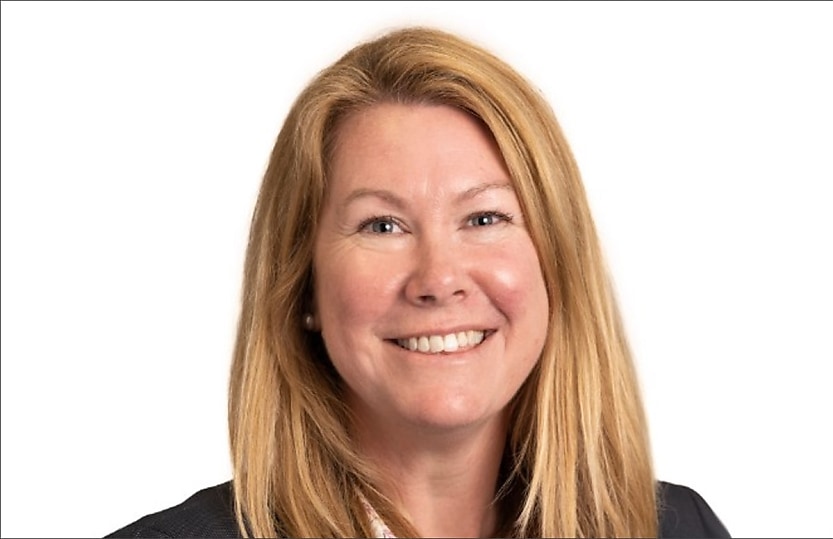GNGB releases guide to unpack payday super changes

The not-for-profit body warns that with less than two years to go before the regime commences, work to prepare must start now.
The Gateway Network Governance Body (GNGB) has released a new guide, Payday Super Unpacked, which analyses the impact of the new legislation for a range of participants and outlines what changes will need to be made.
The guide provides clarity on the changes for super funds, regulators, clearing houses and payment providers, gateway providers, digital service providers and employer solutions, employers and members.
Treasurer Jim Chalmers first announced the measure which will require employers to pay their employees’ superannuation at the same time as their salary and wages in May 2023.
With the 1 July 2026 start date drawing closer, GNGB has released the guide to explore the implications for different groups in the superannuation system.
The guide noted that while 48 per cent of employers pay salary and wages weekly, only 2 per cent of employers pay super weekly.
“For small businesses, superannuation payment processes may not be integrated with payroll processes, requiring staff to handle these payments separately from regular business operations on a quarterly basis,” said GNGB.
“The challenge of navigating this complex super ecosystem for organisations who spend an hour on super each quarter is real, and highlights the importance of collaboration across the ecosystem, and designing a model to support those who are trying to do the right thing, while ensuring fast identification of those who are not.”
ATO statistics indicate that around 62 per cent of employers are currently paying super quarterly.
Once payday super commences, the number of contribution transactions will jump from the current 200 million per year up to approximately 500 million to align with the ATO’s records of the number of salary and wage payments.
“When issues arise with a transaction getting to the correct member account, parties will have less time to resolve them,” said GNGB.
“Data errors, which make it difficult for a super fund to find the right member account, will need to be addressed quickly to ensure current and subsequent contributions are processed successfully.”
The guide noted that employers will also need to think about their onboarding processes for new employees as there will be less time to complete the superannuation elements and ensure the new account is opened correctly.
GNGB said the tighter regulations for employers to meet obligations for SG payments will require more regular and standardised processes for superannuation payments.
“Not only will this simplify SG processes for employers, it will also lead to a steadier outflow of cash, as SG payments will be made more regularly, eliminating the need to save for a large quarterly payment,” it said.
GNGB chief executive Michelle Bower said the guide outlines key success criteria that will be needed to deliver Payday Super in 2026.
“There are more than 1.5 million organisations involved in super in Australia, and most of them will need to make some kind of change to meet Payday Super obligations,” she said.
“Our guide breaks the system down into seven categories, with information for each about what is likely to change and what they will need to think about before the July 2026 deadline.”
Bower said that while the timeline to implementation may pose challenges for some participants, the ecosystem as a whole was well positioned to work together.
“GNGB’s role includes bringing super ecosystem participants together to solve complex problems, and Payday Super is the perfect example of how we can work together to make a difference,” she said.
“Superannuation members depend on organisations across the sector to continue to improve the system, and enable the best retirement outcomes for Australians.”
About the author







